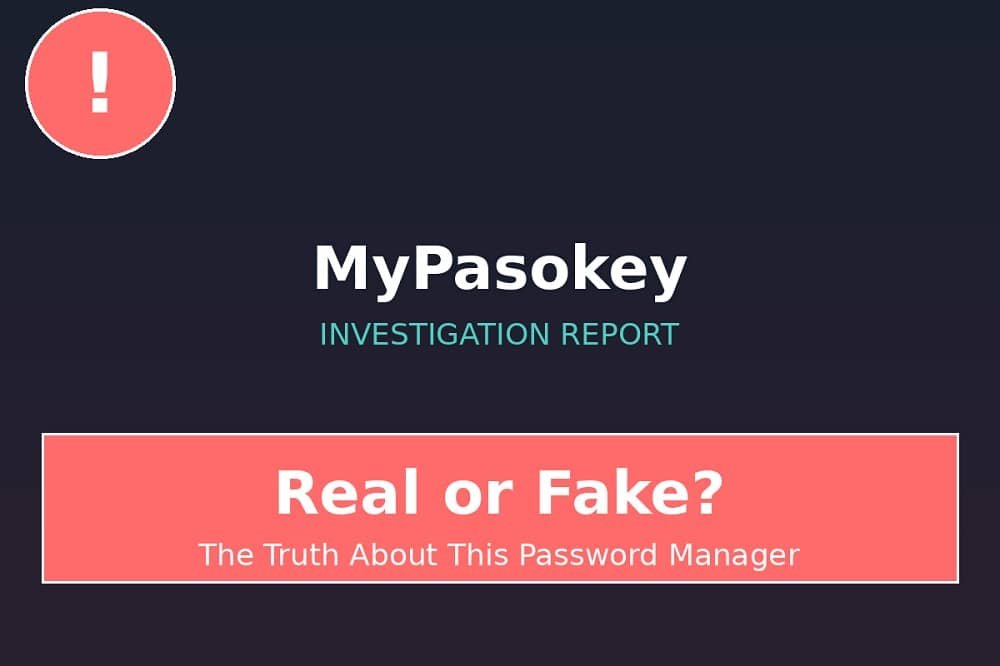It’s that time of year where it seems that colds and flus are running rampant, and managing to avoid contracting a virus is next to impossible. Even with proper handwashing techniques, and being mindful to steer clear of friends who are sick, often it’s just a matter of time before the winter cold and flu season finds you.
As a college student, it can be frustrating to miss classes and feel yourself starting to fall behind, but what happens when it’s more than just a few classes? How can you manage to stay on top of your studies and keep your grades up? These tips are meant for just such a scenario to ensure all the hard work you’ve put in up until this point isn’t wiped away.
To Go to Class or Stay Home?
The first thing you’ll need to ask yourself is whether it’s better for you to go to class so you don’t miss information, or stay home. Going to class is often possible if it’s just a cold you are fighting off. Sure, you won’t be your usual self, but at least you can stay up-to-date on the classwork.
If, however, you are really under the weather and could possibly spread it around to others, it’s better to just stay home and keep your germs to yourself.
Try to Keep Up to Date on What You’re Missing
Even though you can’t be there in class, that doesn’t mean you can’t stay up-to-date on what is going on. Contact other friends in the class, the teacher’s assistant, or the professor to find out what has been assigned. Things such as reading, assignments, test preparation and so forth can be done at home from bed.
Not Going to Make the Deadline – Call in Professional Help
So, what happens if you have an essay or research paper due and you just know you’re not going to make it in time? Perhaps your virus has you so sick that the thought of leaving your bed to do much of anything is more than you can even imagine? The last thing you want to do is not hand in an assignment and have that hit to your grade point average.
One option is to call in professional help. You might be wondering if it is possible to find someone to do my paper. In reality, there are countless such services available online. Just look for one that is reputable and you can get rid of all the hassle associated with college writing work.
Get Your Rest So You Can Bounce Back
Of course, you also want to be sure you get as much rest as possible. The whole reason you aren’t in class is because you aren’t well, so take the time to let your body fully recover. By slowing down and giving yourself this time, you’ll be able to bounce back much faster.
There’s No Need to Fall Behind
By using these simple but effective tips, you’ll be able to ensure that you never fall too far behind on your studies, even when you’re sick.




